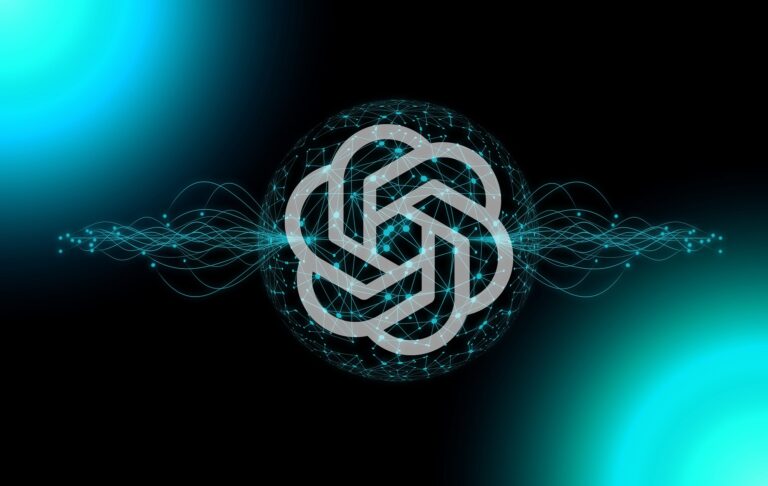The development of artificial intelligence (AI) has led to major advances in the field of text generation in recent years. The best-known example of an AI-based text generation tool at the moment is ChatGPT, a chatbot from OpenAI based on GPT-3.5.
ChatGPT can create human-like texts and undoubtedly has the potential to revolutionize numerous application areas, from customer communication to content creation for websites. The following article examines the copyright issues that arise in connection with the use of ChatGPT.
1. contractual situation when using ChatGPT
When using ChatGPT (or comparable programs), the first question that arises is who is entitled to the rights to the texts developed by the software and how these rights are to be handled.
The OpenAI terms of use, which the user agrees to when using the software, stipulate that all rights to the output are transferred to the user (Section 3a). According to the terms of use, Californian law is applicable. However, as German copyright law does not provide for the transfer of copyrights, the user is “only” granted rights of use to the texts created.
OpenAI itself is also authorized to use the texts. According to the terms of use, the company is expressly permitted to reuse the entered and generated text (section 3c).
It is expressly forbidden for the user to state that the texts created were written by a human being (Section 2c).
2. can the output of ChatGPT conflict with the rights of third parties?
One interesting question that arises when using ChatGPT is whether the output of the AI tool could potentially conflict with third-party copyrights. A distinction must be made here between different constellations:
- Reproduction of an existing work or its translation
If the output is an identical reproduction of a copyrighted work, such as a song, the rights of the original author to this text continue to exist.
The same applies if a copyrighted text is translated by ChatGPT into another language. The rights of the author of the original text remain unaffected in this situation (according to § 23 UrhG). As a result, the generated text cannot be used freely without further ado. - Transformation of copyrighted works
If ChatGPT is asked to rewrite existing works such as novels or short stories, the rights of the original author may continue to apply to the modified output compared to the original work. The decisive factor in this respect is how much of the original can be found in the ChatGPT output. - Texts with scientific content
If the output of ChatGPT consists of texts with scientific content, an infringement of third-party copyrights is rather unlikely. The ECJ has already ruled in the past that it is generally not possible for the authors of such texts to “express their creative spirit in an original manner”, which is why the author’s own intellectual creation required for the assumption of a copyright-protected work is regularly lacking.
3. copyright protection of the output
The question remains as to whether texts developed by ChatGPT have the quality of a work and can therefore be protected by copyright. What happens, for example, if you ask ChatGPT to write a song text on a specific topic?
According to current German law, the question can be answered unequivocally: An author within the meaning of the Copyright Act can only be a human being and not a machine.
Conclusion
The use of ChatGPT in Germany opens up a wide range of possibilities, but requires a close examination of the legal implications. The terms of use of OpenAI, which reflect Californian law, may differ from the rules of German copyright law. Users should therefore seek legal advice, especially in the case of commercial use, to ensure that the use of ChatGPT complies with applicable laws and contractual provisions. *
*This text comes from ChatGPT, in response to a question about the legal problems associated with the use of ChatGPT.




